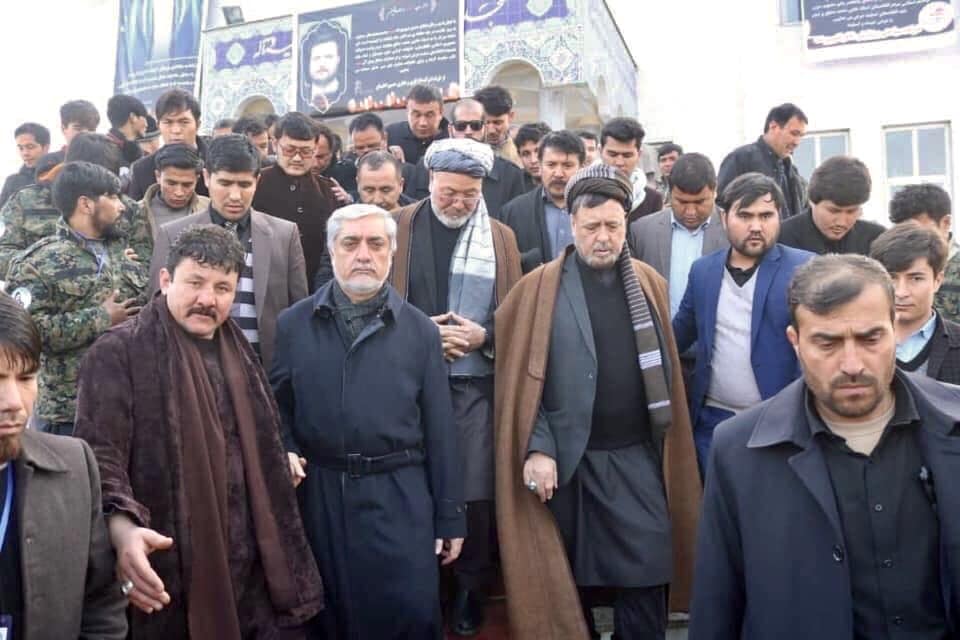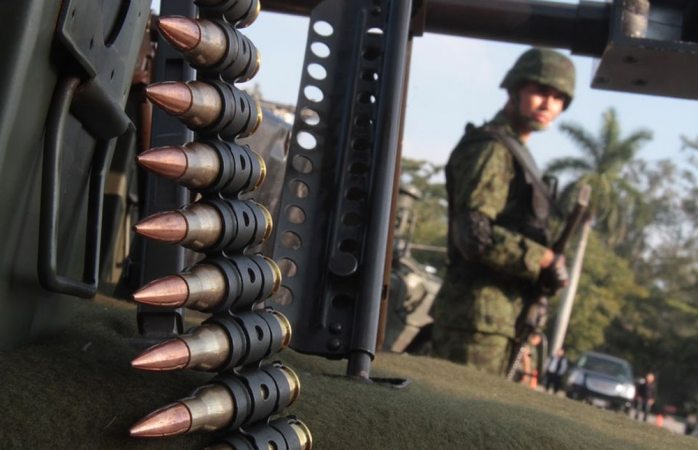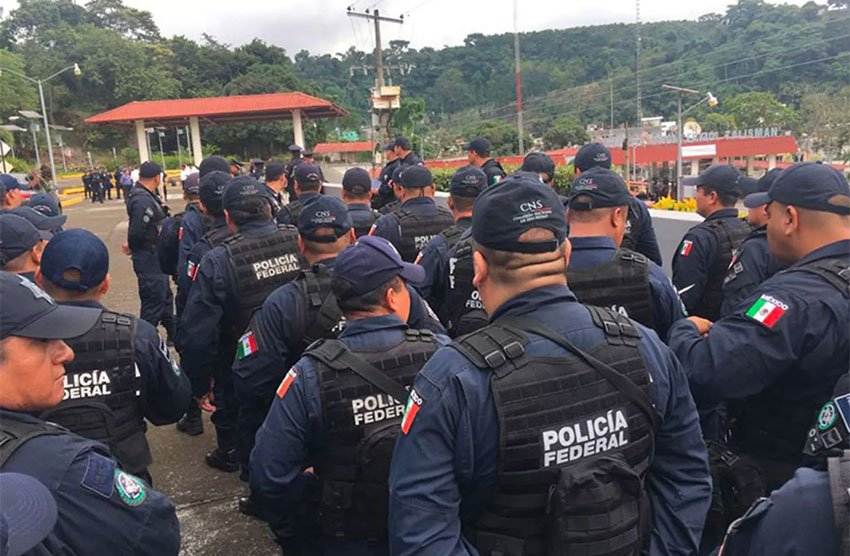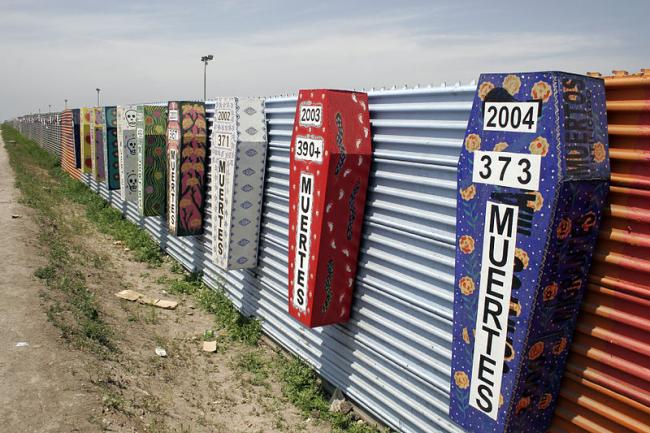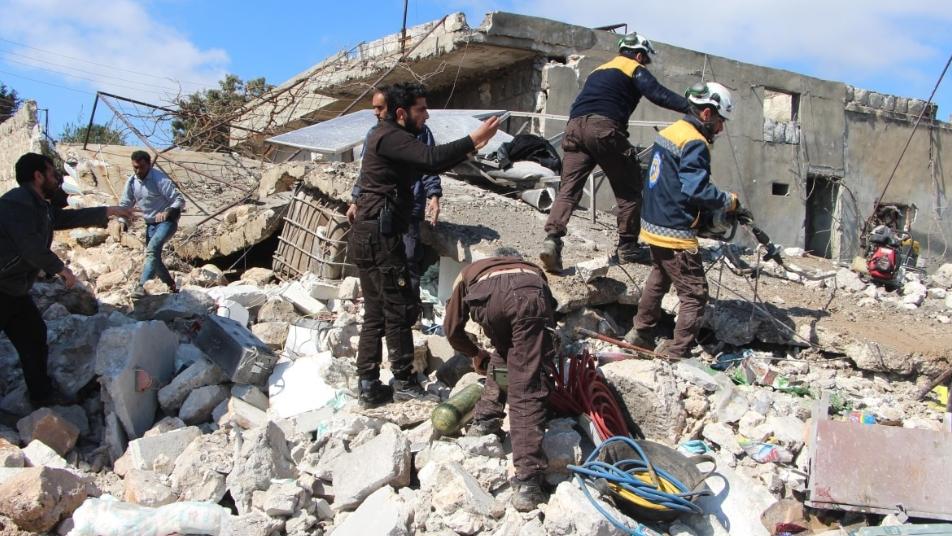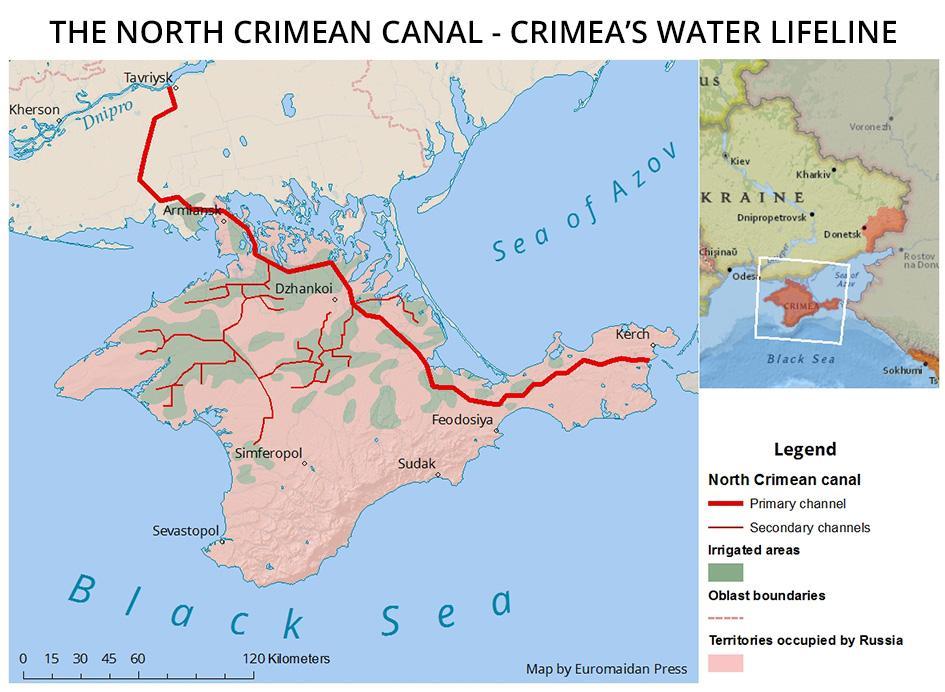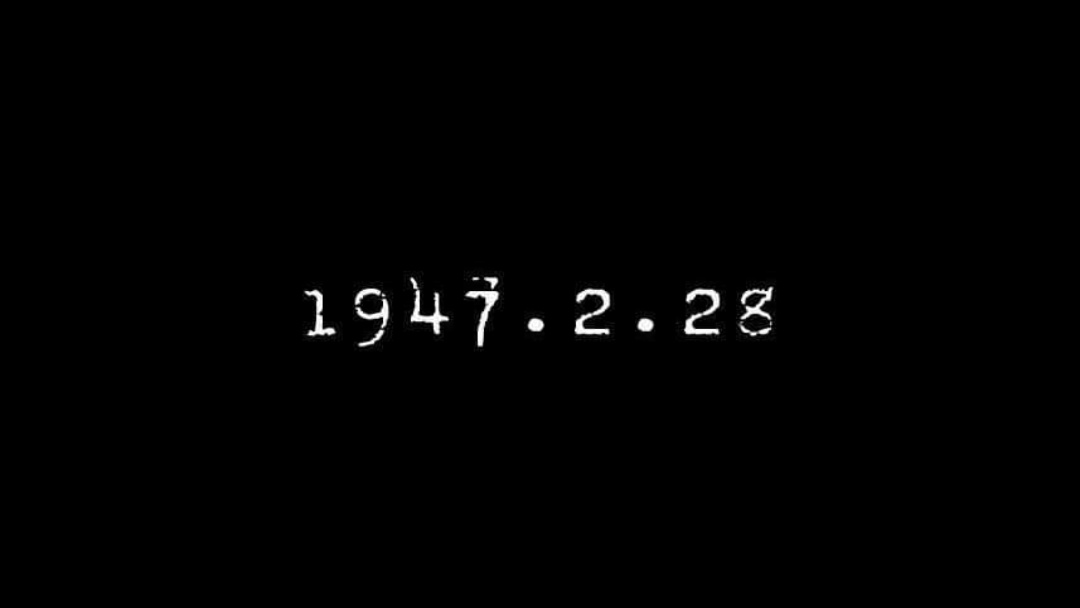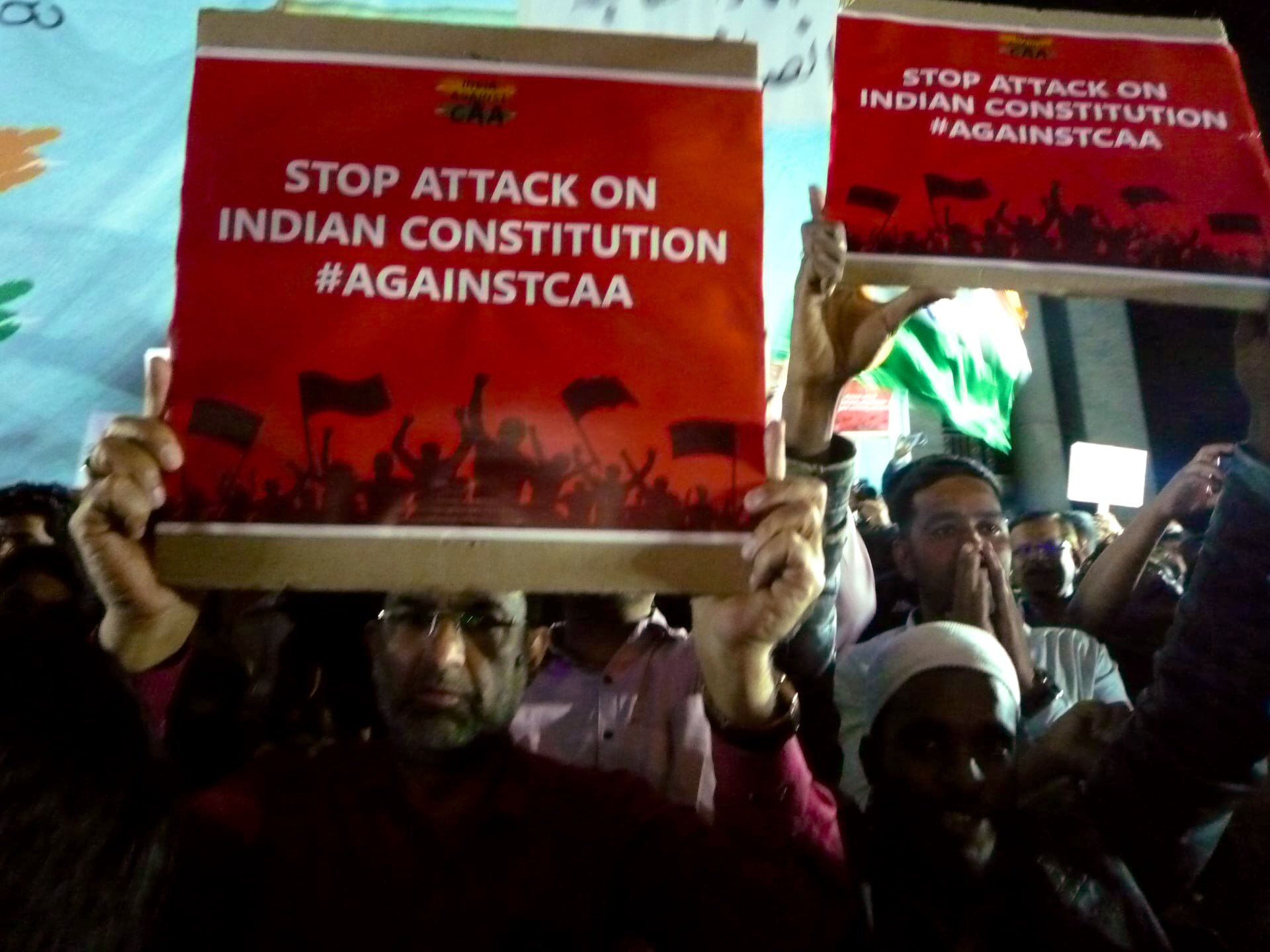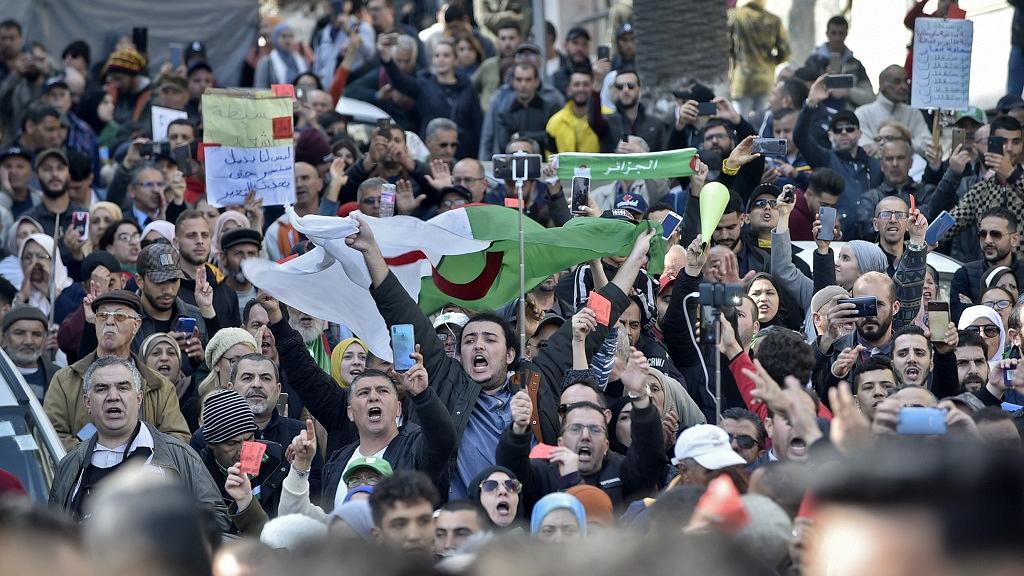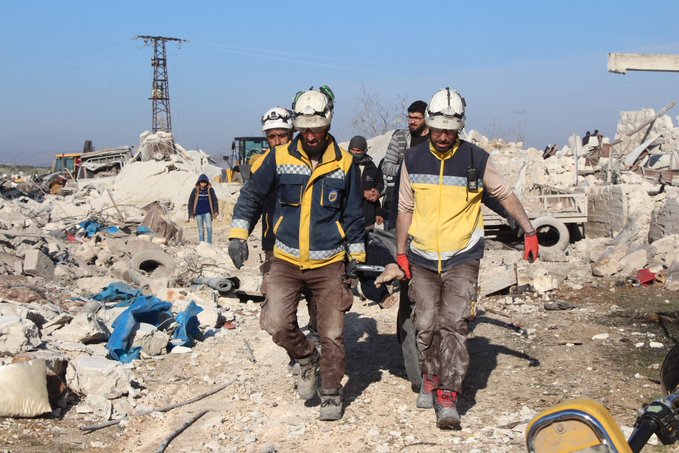
UN: Russia commits ‘war crimes’ in Syria
The UN Commission of Inquiry on Syria issued a report charging that Russia is responsible for war crimes in the ongoing Syrian conflict. The report focuses on indiscriminate bombing of civilian areas from July 2019 through January 2020, and apparently intentional attacks by “pro-government forces” on civilian targets such as hospitals and medical facilities. The report comes as Vladimir Putin and Recep Tayyip Erdogan announced a new ceasefire in Idlib province, after a meeting in Moscow. The deal creates another “security corridor,” to be jointly patrolled by Russian and Turkish forces—but this time several kilometers north of the previous buffer zone the two powers had been recognizing before the recent regime offensive. Areas south of the zone are effectively ceded to the Assad regime, and the line of control is closer to Idlib’s capital, which remains in opposition hands. (Photo: White Helmets)



